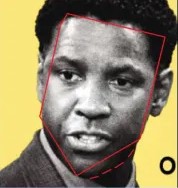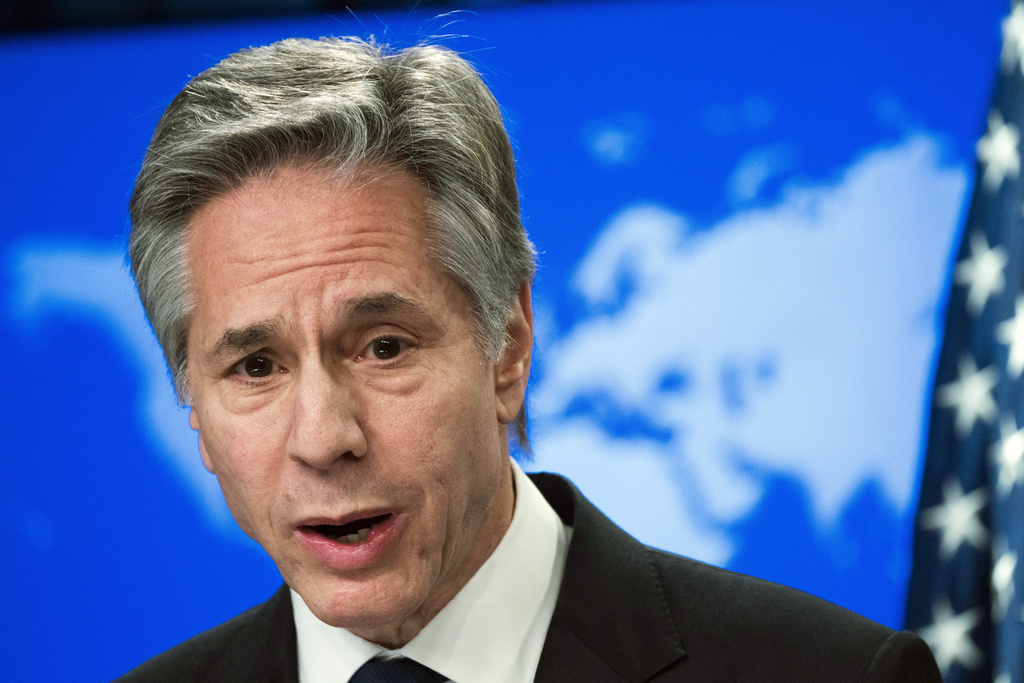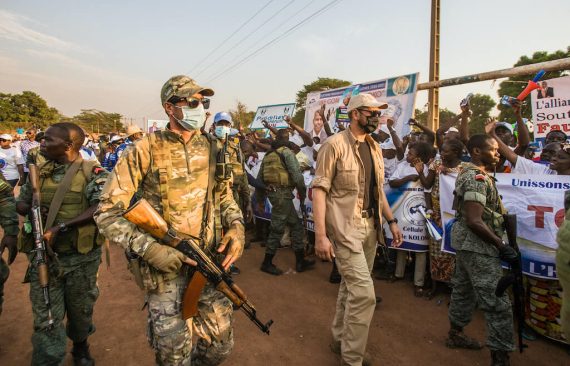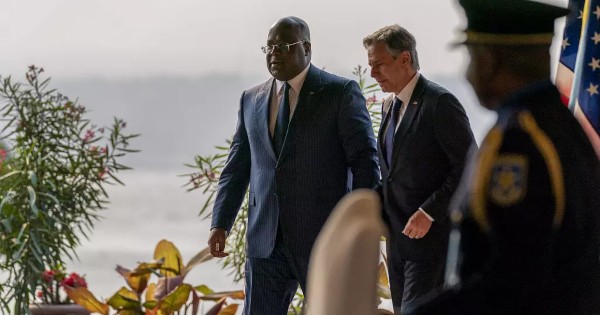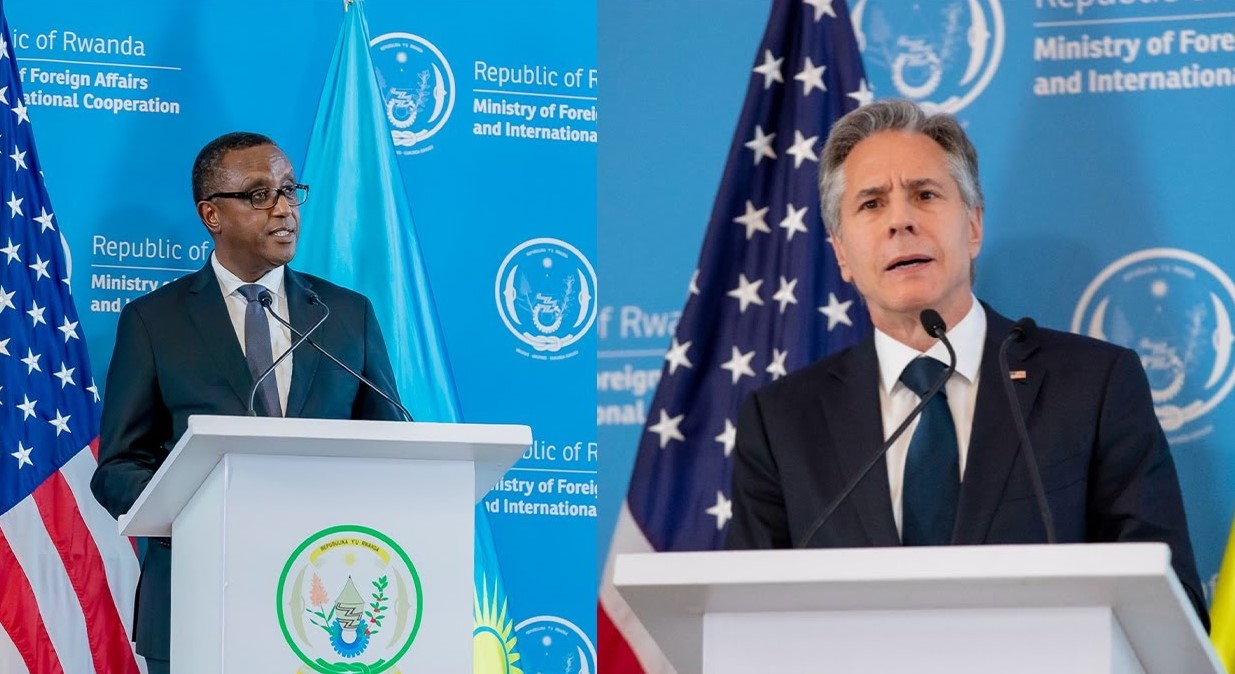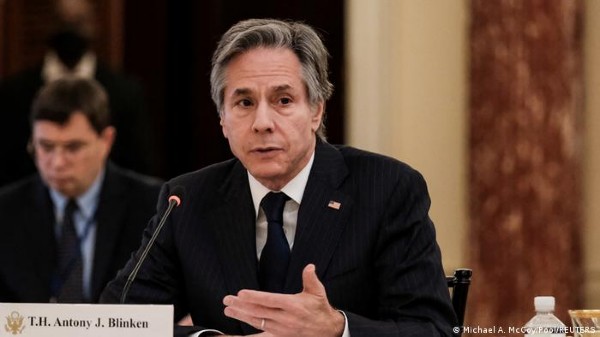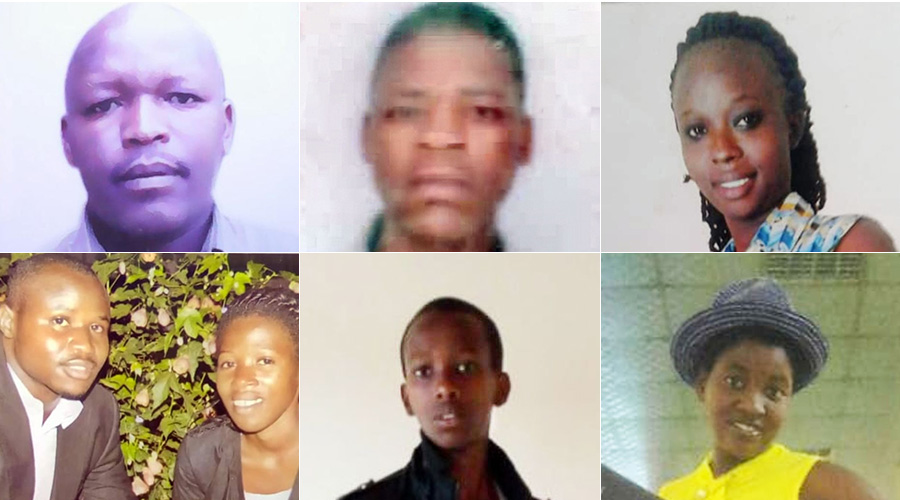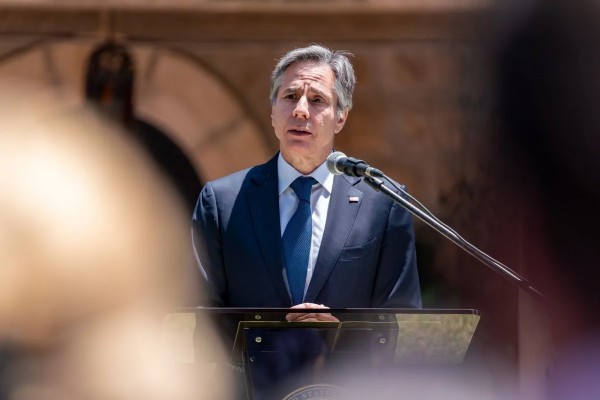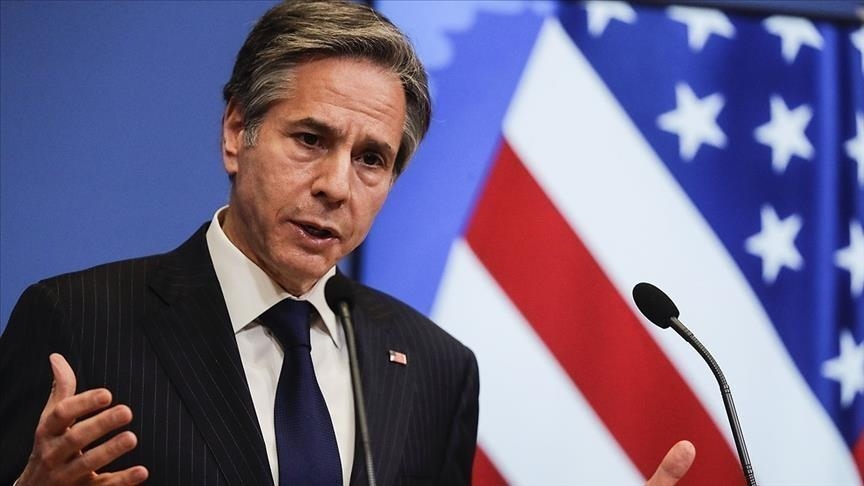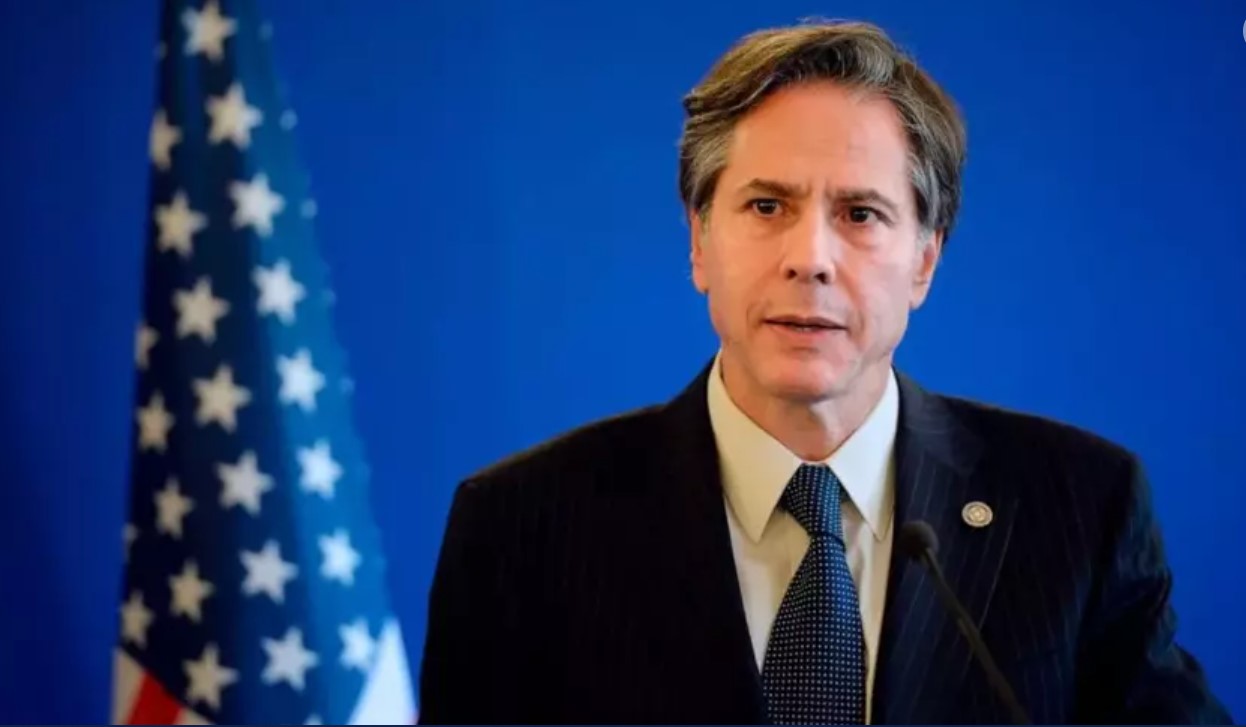International
US Secretary of State Blinken parroting Genocide revisionists' propaganda for a reason
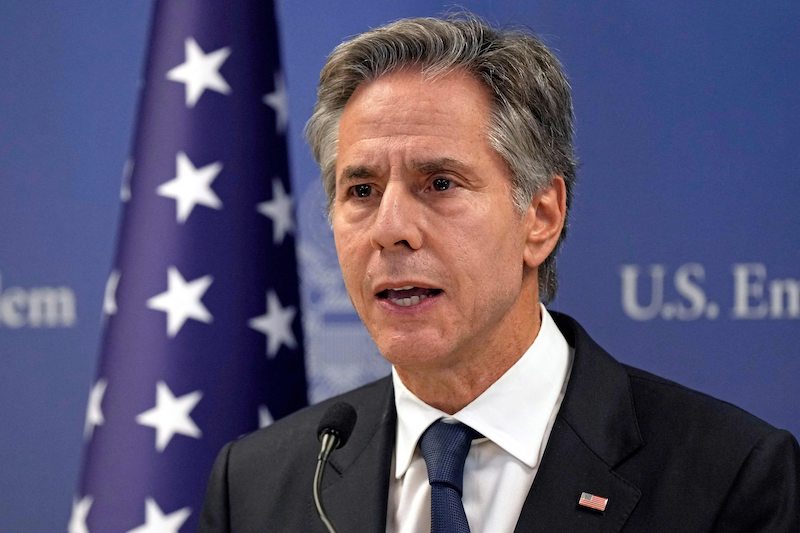
On
April 7, Rwanda and the world started commemorating, for the 30th time, the
1994 genocide against the Tutsi. On that day, US Secretary of State Antony
Blinken’s message to Rwandans hurt the nation, especially genocide survivors,
as he, again, blatantly refused to clarify the right terminology of the
genocide.
In a
statement posted on X, Blinken referred to April 7 as a day to remember
"the victims of genocide" and to "mourn the many thousands of
Tutsis, Hutus, Twas, and others whose lives were lost during 100 days of
unspeakable violence."
This
deeply hurt Rwandans, especially survivors of the 1994 Genocide against the
Tutsi, as well as US officials who understand Rwanda's history and the facts
about the genocide.
“An
established crime of genocide cannot be mentioned in isolation, without adding
the targeted group. We cannot just say 'Genocide in Rwanda' or 'Rwandan
Genocide' because that would be incomplete and misleading,” noted Olivier
Nduhungirehe, the ambassador of Rwanda to the Netherlands.
American
lawyer Barbara Mulvaney who was an attorney in the trail of Col Theoneste
Bagosora, one of the masterminds of the Genocide against the Tutsi, told a
Rwandan local newspaper that: “Basically, the US is parroting the propaganda of
Bagosora and his crew. That's why it is so dangerous and appalling and annoying
to those who understand the facts of the Genocide against the Tutsi and the
history of Rwanda, 1990-94.”
During
a commemorative event held on April 15 at Capitol Hill, US Congressman Trent
Kelly called on the State Department to adopt the proper appellation of the
Genocide against the Tutsi.
“The
facts are the facts,” said Kelly. “It’s not the Rwandan Genocide; it’s the 1994
Genocide against the Tutsi in Rwanda.”
On
April 17, in a letter to Blinken, the umbrella group of Genocide survivors'
organizations, Ibuka, wrote a letter asking Blinken to retract his statement,
because it contradicts the definition of genocide and "obscures the
primary, intended victims" of the Genocide against the Tutsi in Rwanda.
"Survivors
of the 1994 Genocide against the Tutsi in Rwanda are emotionally devastated and
offended by your misleading statement issued on the day they were mourning the
loss of their loved ones that were brutally killed during the genocide."
"In
not explicitly stating that the genocide specifically targeted Tutsi, your
statement obscures the primary, intended victims. While some Hutus and Twas
also lost their lives, they were not the primary targets; the genocide
overwhelmingly aimed at exterminating the Tutsi population. Indeed, it was
extremist Hutu factions who orchestrated these atrocities."
Recalling
the 1948 UN Genocide Convention, which defines genocide as a crime committed
with intent to destroy, in whole or in part, a national, ethnical, racial or
religious group, as such, Ibuka said "it is impossible that the 1994
genocide targeted 'Tutsis, Hutus, Twas, and others' indiscriminately."
The 16
leaders of genocide survivors' organizations worldwide firmly stated that they
believe Blinken was fully informed about the 1994 Genocide against the Tutsi.
His statement not only retraumatized survivors but also hindered progress in
acknowledging and comprehending the genocide and human rights issues, they
noted.
"Thus,
we are profoundly hurt and outraged by your misleading statement issued on a
day of mourning and reflection for the loss of Tutsi lives. We urge you to
rectify this misrepresentation by retracting your previous statement and
issuing a new one that accurately reflects the historical truths of the 1994
genocide against the Tutsi."
The
letter cites legal and official facts that proved that the tragic events of
1994 were a genocide against the Tutsi. They include the 1998 decision by the
UN International Criminal Tribunal for Rwanda (ICTR) which ruled in the case of
Jean-Paul Akayesu that the crime of genocide was committed in Rwanda in 1994
against the Tutsi as a group.
Will
Blinken retract his statement? It is likely that he will ignore the please by
survivors and other parties, including his own compatriots, largely because,
for the US, other countries are so small. The likes of Blinken, or the
government that he represents, do not like to apologize or admit when they are
wrong, and guilty, for the US administration is so guilty when it comes to the
1994 genocide against the Tutsi.
The US
feels guilty of standing by and watching, idly, as the 1994 Genocide against
the Tutsi was being carried out. To clear their conscience, the US downplays
its responsibilities by denying the genocide. This is not only criminal. It is
cowardice.
As a
signatory to the UN's Convention on the Prevention and Punishment of the Crime
of Genocide in 1948, the US, as “a superpower”, should set a strong example by
actively implementing its principles.


